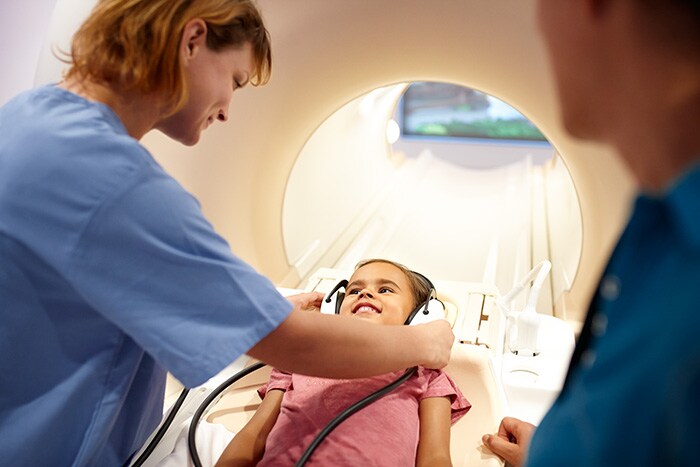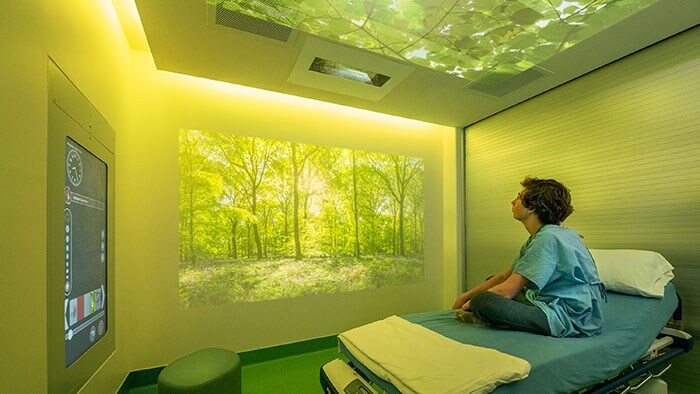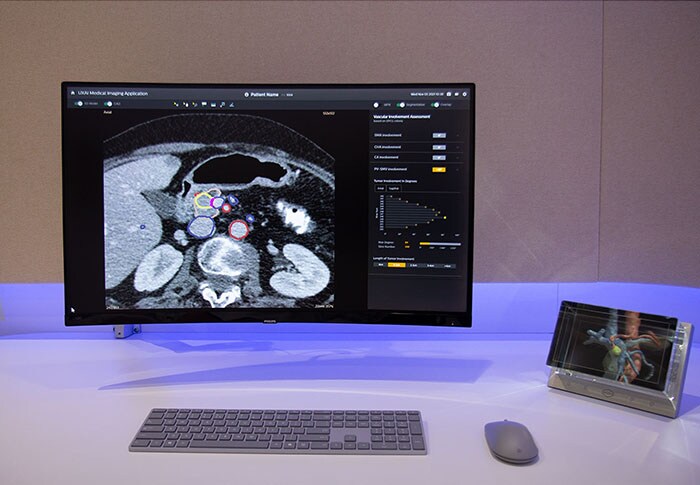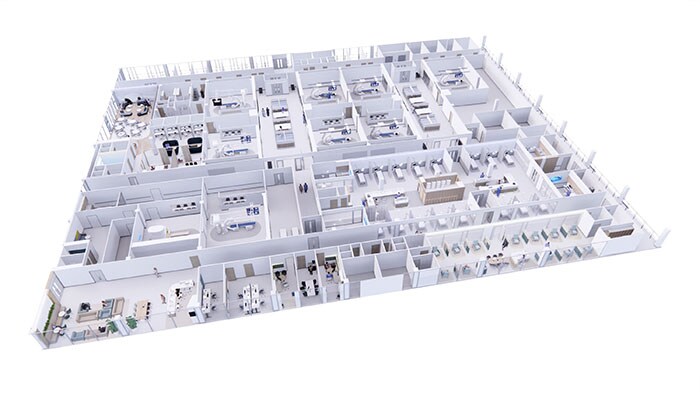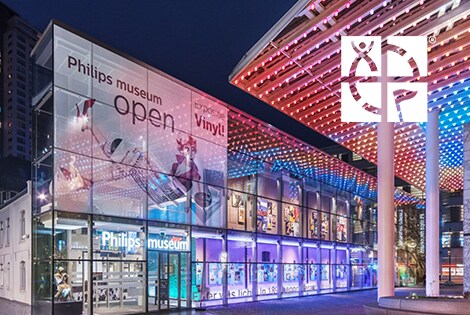Recap: Dutch Design Week 2022
‘Designing for Health Journeys’ It was another great edition of Dutch Design Week in Eindhoven. The Philips Museum was a partner and therefore from October 22 to 30 you had free admission to the museum with your DDW ticket. Besides the regular exhibition there was also the opportunity to visit the temporary exhibition 'Designing for Health Journeys'. This showcased four award-winning projects by Philips Experience Design. Besides seeing the impressive end-result, you also got a look behind the scenes. This gave you an impression of the design process and the impact it has on the intended user. In addition, there were online Design Talks; interactive conversations in which one could personally ask the designers questions. The projects:
Philips Experience Design Award Show
Philips Pediatric Coaching solution for MRI by Ozgur Tasar How does Ollie the Elephant and his friends help prepare children and their parents for the MRI scan? An MRI scan can be a stressful experience for children. Philips Pediatric Coaching is a holistic solution which prepares and provides guidance for children at home, in the hospital waiting room, and during the scan itself. It consists of a gamified mobile app, an educational toy scanner, and guidance in the actual bore of the MRI scanner. This solution lets parents know what to expect, enables children to be empowered and well prepared, and helps doctors to obtain the high-quality images they need for diagnosis.
Reimagining the behavioural health experience by Philips and Recornect How can the design of a reception area make a difference during the onboarding of behavioral health patients? The Behavioral Health Experience solution is an adaptive environment for pediatric behavioral health patients in the Emergency Department (ED). This unique solution humanizes the experience for patients receiving mental health care in the Emergency Department. Thanks to the integration of a specialized touchscreen with ambient room technology and therapeutic content, ED exam rooms can be transformed into ultra-tunable environments that help improve care delivery. This enables patients to quickly return to a state of calm, so that therapy can start sooner. It also allows them to connect with staff in new ways.
Advancing cancer care with human-centered Artificial Intelligence by Jon Pluyter and Luc Geurts How are designers able to turn AI data into images that capture the imagination, allowing doctors to make better diagnoses? Pancreatic cancer is one of the world’s deadliest cancers. Clinicians (radiologists, surgeons) need solutions to enable earlier detection and better surgical planning. Artificial Intelligence (AI) has enormous potential to support decision-making but solutions are rarely designed in a human-centered way. Defining a surgical strategy is complex. This solution makes use of AI to generate a new 3D anatomical model on an autostereoscopic holographic display, which is then synchronized with the trusted radiology workstation. This gives surgeons an instant and intuitive understanding of the patient-specific anatomy from the 3D perspective with which they are most familiar.
Academic Heart Center by Jos Stuyfzand and Srdjan Jovicic
When the two largest hospitals in the Amsterdam region merged, their interventional cardiology departments formed a new Heart Center that brought the two teams together under one roof. This center will perform over 7,500 interventional procedures a year, making it the largest cardiac center in the region. Sessions with a multidisciplinary design team helped shape a vision of the future for the combined cardiology team. A comprehensive solution that addresses the clients’ challenge of how to translate their vision for better cardiac care was developed into a workable plan that will inspire staff and fulfill future requirements.
